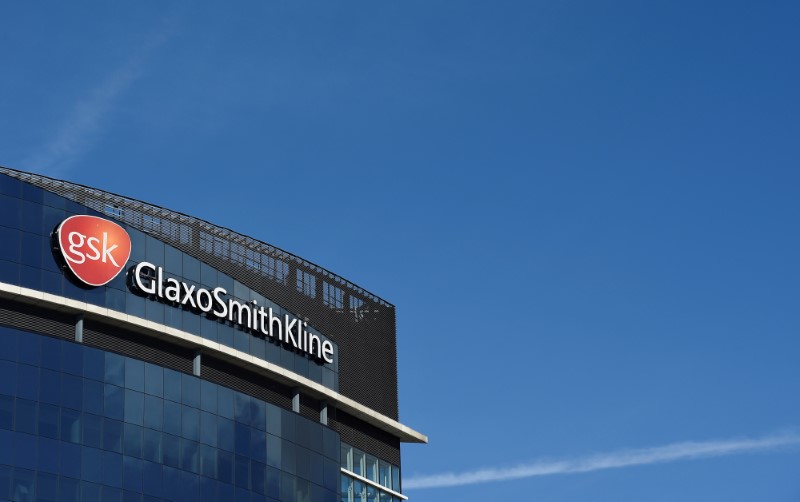By Ben Hirschler
LONDON (Reuters) - GlaxoSmithKline (L:GSK) has filed its shingles vaccine Shingrix for U.S. regulatory approval, the drugmaker said on Monday, bringing the potential $1 billion (0.81 billion pound)-a-year seller a step closer to market.
Shingrix is viewed by analysts as among the British company's most promising experimental products, since it has shown greater protection among older recipients than Merck & Co's (N:MRK) rival shot Zostavax.
GSK itself highlighted Shingrix as one of its top near-term pipeline hopes last November, during its first research and development day in more than a decade.
The company, which will see Emma Walmsley take over as chief executive in 2017, is seeking to revitalise a drug portfolio hit by falling sales of best-selling inhaled lung treatment Advair.
In clinical trials, GSK's vaccine remained 90 percent effective in people over age 70, even four years after injections. Zostavax efficacy, by contrast, varies between 18 and 70 percent, and it declines noticeably in older people.
People who are 70 years or older are often most at risk from shingles, a painful, itchy rash that results from the reactivation of latent chickenpox virus.
The impressive trial results should put Shingrix in a strong competitive position, analysts believe, even though it requires two doses, against just one for Zostavax, and it is also linked to more injection site reactions.
Analysts, on average, predict that worldwide sales of Shingrix will reach 856 million pounds ($1.05 billion) in 2021, according to consensus forecasts compiled by Thomson Reuters.
Sales of Zostavax, the only shingles vaccine on the market at present, totalled $749 million in 2015.
GSK's vaccine contains a component from U.S. biotech firm Agenus (O:AGEN), which is entitled to royalties on future sales.
GSK said it planned to file Shingrix for European and Canadian approval before the end of this year, with Japan following in 2017.
